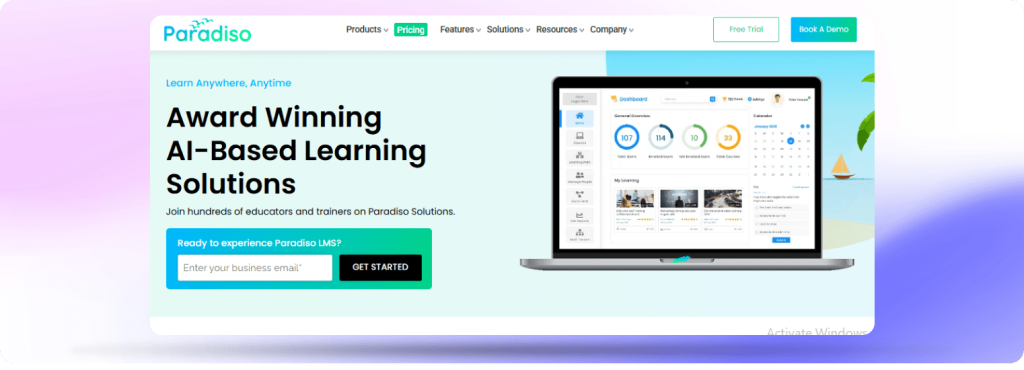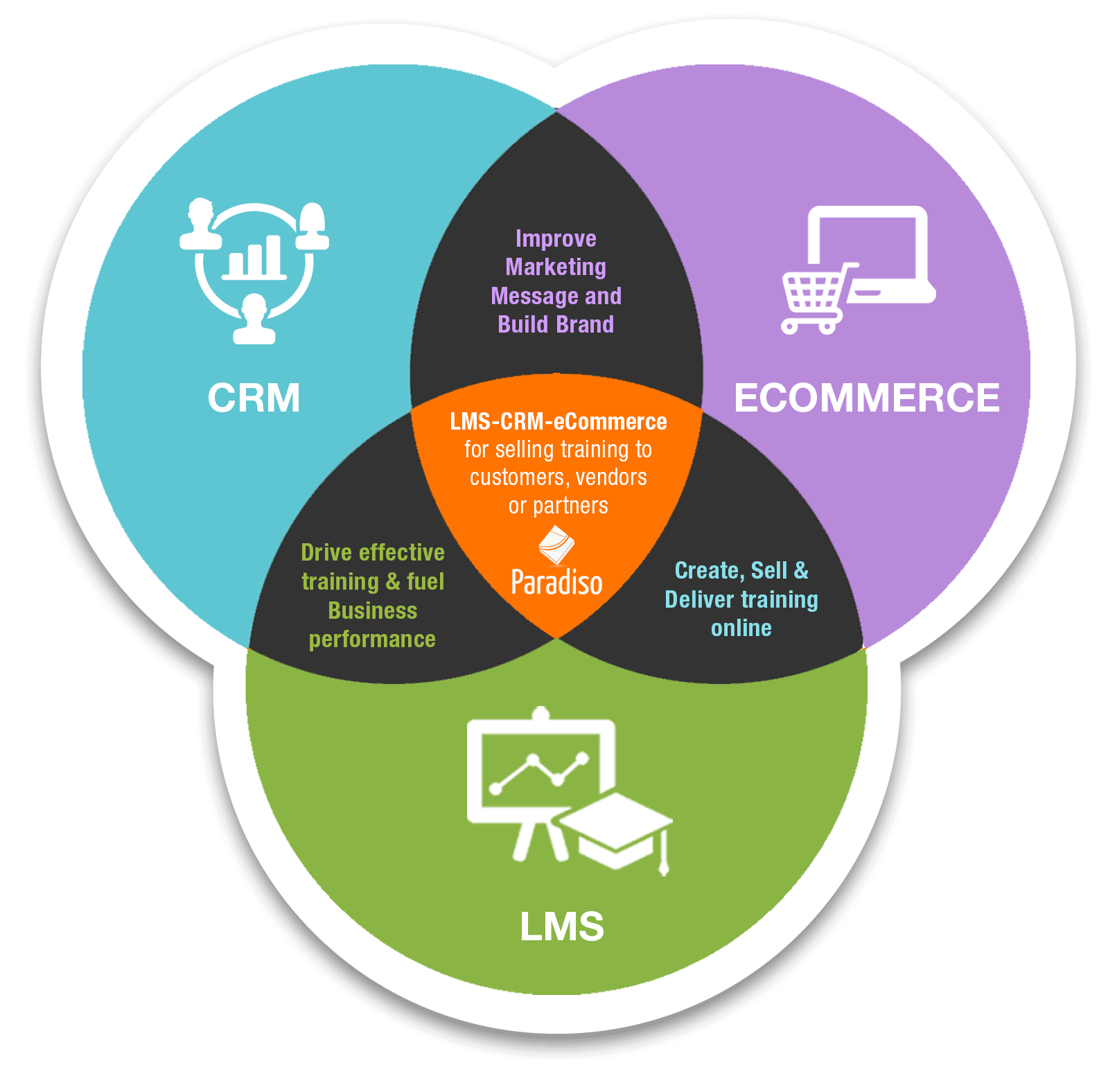THANK YOU
FOR YOUR INFORMATION
X


Try Paradiso LMS for free?
Discover the features of world’s most flexible and easy to use AI-Powered LMS




























